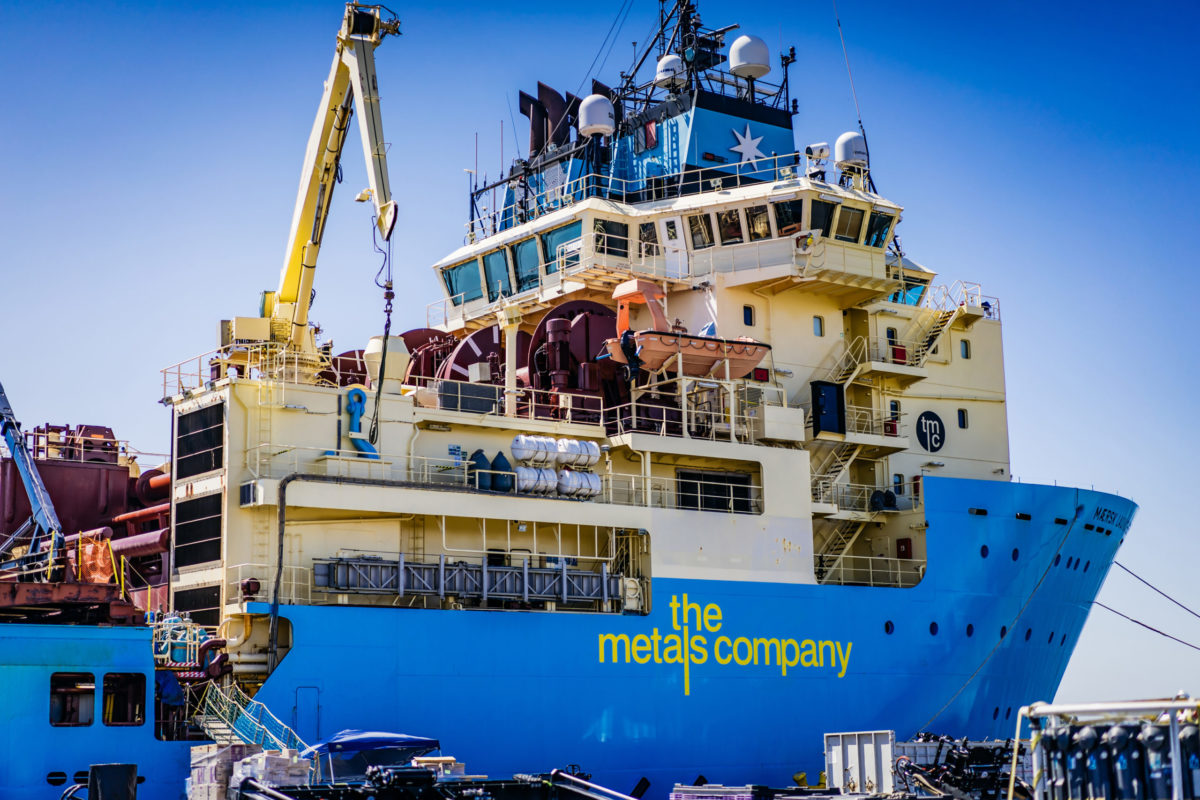Canadian firm The Metals Company (TMC) has made history by submitting the first-ever application to the U.S. government for deep-sea mining operations in international waters. The application, if approved, would allow the company to extract essential minerals—nickel, cobalt, copper, and manganese—from the Clarion-Clipperton Zone (CCZ) in the Pacific Ocean. This mineral-rich seabed is believed to hold vast quantities of polymetallic nodules vital for the manufacturing of electric vehicle batteries and renewable energy infrastructure.
Bypassing the International Seabed Authority
The International Seabed Authority (ISA), affiliated with the United Nations, is the traditional regulator for mining activities in international waters. However, The Metals Company has decided to bypass the ISA, citing lengthy delays in the establishment of a comprehensive mining code. Instead, the company is seeking approval through the U.S. Deep Seabed Hard Mineral Resources Act (DSHMRA) of 1980, which is regulated by the National Oceanic and Atmospheric Administration (NOAA).
This move has stirred global debate, as the ISA has insisted that any commercial exploitation beyond national jurisdictions without its explicit authorization violates international law. Critics fear this could open the door to unregulated extraction of seabed resources.
U.S. Government Support
The company’s application follows recent U.S. government support for domestic and allied access to critical minerals. A recent executive order has directed agencies to accelerate the review and permitting processes for such projects. The policy aims to reduce America’s reliance on foreign sources of critical materials, which are increasingly important for national security, clean energy, and technological competitiveness.
Environmental Concerns
Environmental organizations and marine scientists have raised alarm bells over the potential ecological risks posed by deep-sea mining. They argue that many deep-sea ecosystems remain unexplored and that mining could irreversibly harm biodiversity, disrupt sensitive habitats, and affect the ocean’s ability to absorb carbon. The Clarion-Clipperton Zone, while rich in resources, is also home to numerous unique species found nowhere else on Earth.
Moreover, critics say bypassing the ISA undermines international cooperation and the governance of shared natural resources. They warn this precedent could encourage other companies and nations to sidestep global environmental standards and oversight.
TMC defends its strategy by claiming that deep-sea mining has a lower environmental footprint than land-based mining, which often involves deforestation, water pollution, and high carbon emissions. The company argues that ocean nodules can help meet soaring demand for battery metals with less overall impact.
The outcome of this groundbreaking application could significantly shape the future of deep-sea mining, international regulatory frameworks, and the balance between technological advancement and environmental preservation.

